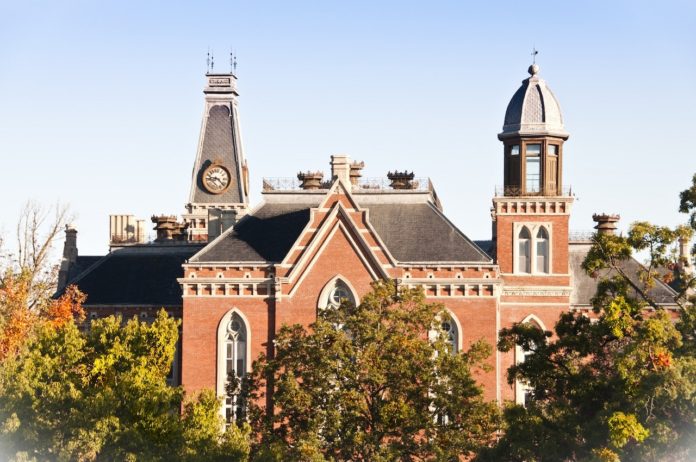
To many DePauw students, it’s no surprise that classism runs rampant at DePauw. Approximately 59% of DePauw students come from top 20% families (i.e. families that make six figures), while only 4.4% of students come from bottom 20% families, according to a New York Times study done in 2017. These statistics show the extreme wealth gap that is present on DePauw’s campus, and the classism on our campus reflects this. Low-income students are often forced to work multiple jobs, while the cost of living at DePauw continues to soar. At the same time, these students are facing prejudice from their professors, their classmates, and the DePauw administration as a whole. Similarly, the treatment of Greencastle residents by some DePauw students and staff reflects our campus’ classism problem. As a DePauw student who is privileged to be able to afford to be here without much economic strife, I have seen and heard of both casual and blatant classism at DePauw. Despite its commonality, the problem of classism is rarely talked about in any meaningful way. It is time that the DePauw community comes together to address classism on campus and to do better for all of our students.
An unfortunate truth about DePauw is that our professors are often the ones who unknowingly contribute to the classism on our campus. While we are extremely lucky to have many intelligent and hardworking professors here, some do not appear to recognize how low-income students exist on our campus. In my own experience, I have seen professors criticize students for not being able to afford textbooks, for wearing certain clothes, or for working too many jobs. In my research, I spoke to one sophomore student who felt alienated by a professor due to her economic status. Although she is at DePauw on a scholarship, my source still works three jobs just to afford basic needs that DePauw does not cover. When a well-meaning professor recommended she quit one of her jobs in order to have more time for her classes, this student was forced to explain that doing so was not an option for her. She described the encounter as “isolating,” although she recognized that the professor meant well.
I also spoke with Pamela Gonzalez, a sophomore first-generation student. Gonzalez described her experience as a first-generation student and as a child of immigrant parents, noting that her DePauw experience is quite unlike those of wealthier DePauw students. “The college experience is so vastly different for everyone and it’s often taken for granted,” Gonzalez said, reflecting on the expectation that parents are involved in and actively paying for their DePauw students’ education.
She also noted the privilege that comes with being able to afford a school like DePauw.
“I don’t have that privilege because I’m a first generation daughter of immigrant parents,” she said. “I chose to take out loans in my name for the sake of my parents, as they didn’t have the ability to pay for my school.”
In our discussion, Gonzalez emphasized the wealth gap that she has experienced at DePauw, along with the restrictions that being lower-income on campus brings. “It’s certainly jarring to be aware about my own placement in this world and how far I can reach, solely because of the system I was born into,” she said.
Student culture also houses classism, especially in student treatment to Greencastle residents. It is not rare to hear DePauw students complain about “townies” or make fun of Greencastle for being a small Midwestern town. I have heard some students refer to Greencastle residents as “hicks” or “rednecks,” usually in a derogatory way. While hesitations about or dislike for small towns is not inherently classist, intentionally making fun of and degrading Greencastle residents simply for living in Greencastle is. Although this town isn’t perfect, the DePauw community must remember that we are privileged to share it with those who live here permanently. Greencastle residents are often the people who cook our food and clean our residence halls, and they are kind enough to share their town with nearly 2,000 students from all over the country and the world. As a community, DePauw must do its best to recognize how much Greencastle residents sacrifice for us to live here and treat them with the same respect as we do our on-campus peers.
It is our responsibility as a campus community to call out classism wherever we see it, whether that be in the statements made by professors, friends, or our peers. While it might be intimidating to correct a professor or a friend, we must make a conscious effort to show lower-income students that they belong at DePauw and that their voices are vital. Similarly, we must interact with the Greencastle community in a respectful way. In doing so, we can create a safer space for students to interact within, regardless of their economic status. Furthermore, DePauw professors and staff must recognize that DePauw’s student body is made up of people from all kinds of economic backgrounds and that everyone’s situation is different. By standing up to classism together, we can build a better campus community, one in which classism is unacceptable and everyone belongs.
